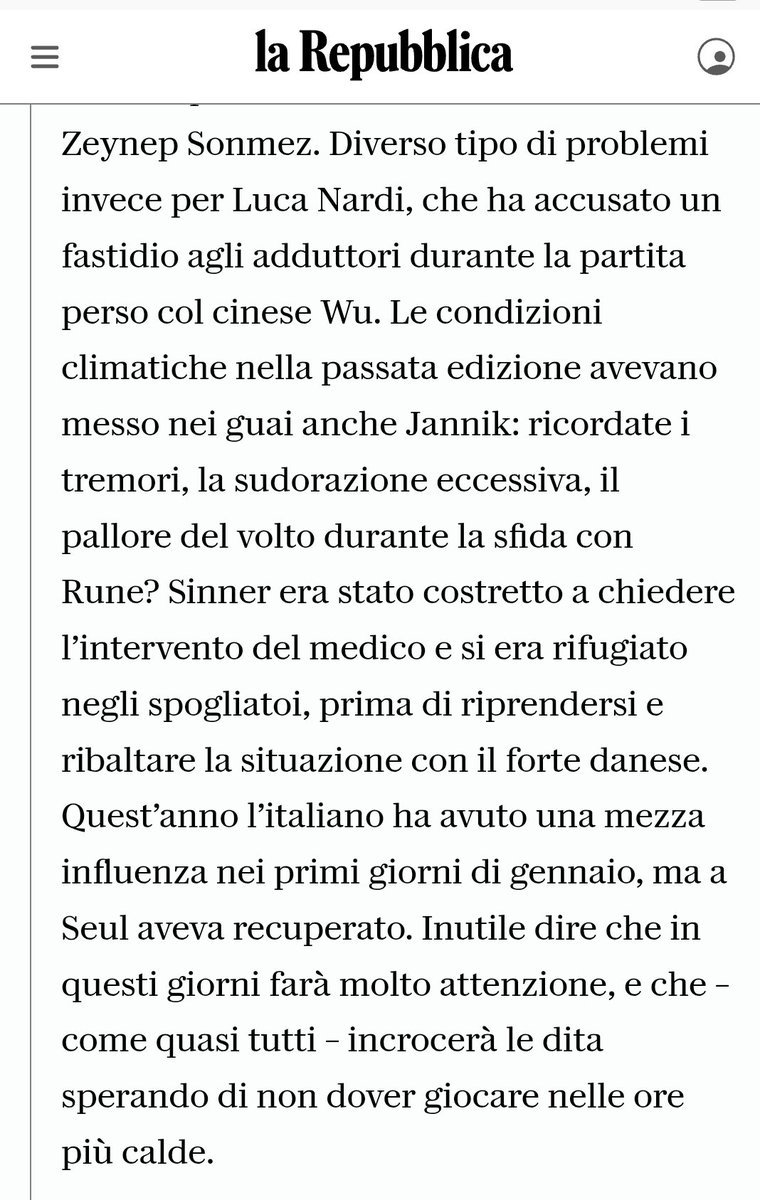
#LongCovid | Covid || researcher || inequality, health, disability in present | past || patient-led research || medicine history || MA PhD | ≠ MD || views own
23 subscribers
How to get URL link on X (Twitter) App



 One of the most prominent racers affected by the "mysterious illness" was superstar and current Tour leader Tadej Pogačar, who lamented cold symptoms but remains in the race. Van der Poel also had cold symptoms, which has now progressed to pneumonia
One of the most prominent racers affected by the "mysterious illness" was superstar and current Tour leader Tadej Pogačar, who lamented cold symptoms but remains in the race. Van der Poel also had cold symptoms, which has now progressed to pneumonia 


 I feel strange posting this again after five years of fighting, suffering, and a global, grassroot mobilization of Covid survivors, who changed how Covid was understood and communicated to the public
I feel strange posting this again after five years of fighting, suffering, and a global, grassroot mobilization of Covid survivors, who changed how Covid was understood and communicated to the public
https://x.com/elisaperego78/status/1924119223334314110?t=syznup3nVwdxZI5F7POmpg&s=19
https://twitter.com/WHO/status/1920505677048402187We must also interrogate ourselves as to whether LC is (only) 6% of people who get Covid (as per WHO quote). I think further reflection is needed here, especially when taking into consideration sub-clinical pathology and those who are never diagnosed with LC.
https://twitter.com/TheAtlantic/status/1907459290106867953We must interrogate ourselves about how many millions could have been spared from death and disability if safety protocols, such as masking, top-notch surveillance, and "clean air", had been implemented. Children are among those killed or disabled by SARS-CoV-2 infection
https://x.com/covideuskal/status/1900479124042314198?s=19
https://twitter.com/JamesThrot/status/1892295284367020160Is fatigue a common symptom of acute and Long Covid? Yes. Did I myself have/had fatigue in acute and Long Covid? Yes. Is fatigue the only symptom of Long Covid and what the disease entity should be reduced to? No. Is scientifically proven Covid and LC affects all body? Yes





https://x.com/elisaperego78/status/1504638708183666688?t=SwqrSTSkZafMTTnlxL7tQA&s=19